The short answer from an interventional cardiologist
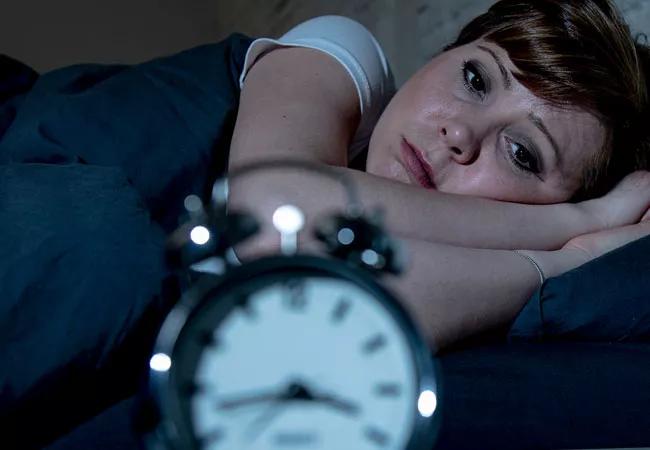
A: Studies support the notion that less than seven hours or more than nine hours of sleep are associated with coronary artery disease (CAD). Poor sleep is linked to weight gain, diabetes, high blood pressure and increased sympathetic nervous system activity — all factors that may explain this relationship.
Advertisement
Cleveland Clinic is a non-profit academic medical center. Advertising on our site helps support our mission. We do not endorse non-Cleveland Clinic products or services. Policy
In one major sleep study, men who slept fewer than six or more than nine hours had a 1.7-fold higher death rate than those who slept seven to eight hours. Another study of more than 71,000 women found those who slept less than five or more than nine hours had a 1.82- and 1.57-fold higher risk of developing CAD, respectively.
Sleep apnea has been linked to several heart conditions, including atrial fibrillation, sudden cardiac death, high blood pressure and heart failure. However, a 2017 study showed that even when accounting for risk factors that included sleep apnea, sleep disturbances such as poor-quality sleep, short-duration sleep, difficulty staying asleep and use of sleeping pills were associated with an up to 70% higher likelihood of CHD and 45% increased risk of stroke.
It appears that getting seven to eight hours of sleep a night is best. However, the National Sleep Foundation reports that only one-third of U.S. adults get eight hours of sleep a night, and up to one-third get six hours or less.
You can improve your sleep habits by getting regular exercise, avoiding daytime naps, avoiding caffeine and powering down electronics before bed. Maintain a strict sleep schedule, which means going to bed and getting up at the same time every day. If you’re overweight, snore or have been told you stop breathing during sleep, see a sleep specialist and be evaluated for sleep apnea.
Advertisement
Otherwise, if you have insomnia or other type of sleep problem, avoid rushing to use over-the-counter sleep aids. Work with your health provider to determine the cause and discuss remedies.
— Interventional cardiologist Leslie Cho, MD
Advertisement
Learn more about our editorial process.
Advertisement

Keeping a sleep diary and seeing a sleep specialist can help you stay asleep and get the ZZZs you need
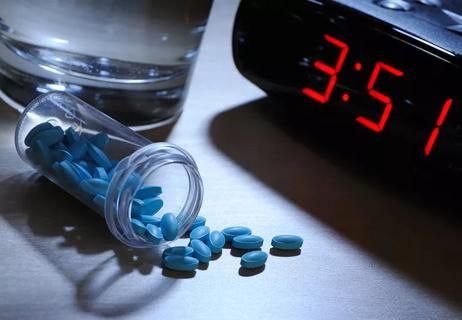
Does this supplement help you get more ZZZ's
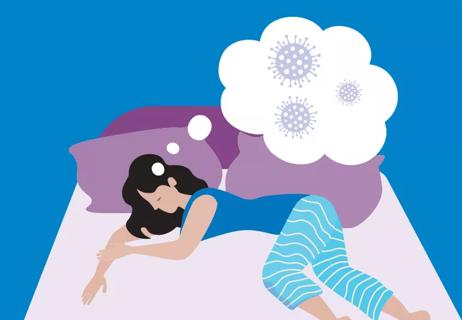
Here's how to get some rest in the face of pandemic-caused insomnia
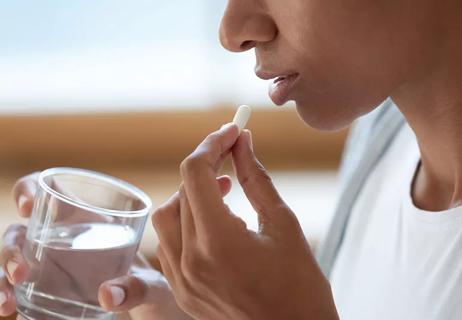
An expert discusses what effects, if any, vitamins have on your ability to sleep
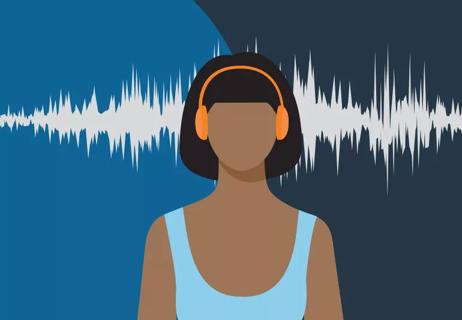
What to do when your worries are keeping you from sleep
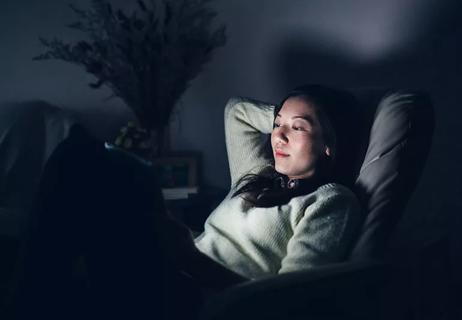
Find out where you could be going wrong and how to get back to sleep

Type 2 diabetes isn’t inevitable with these dietary changes

Applying a hot or cold compress can help with pain